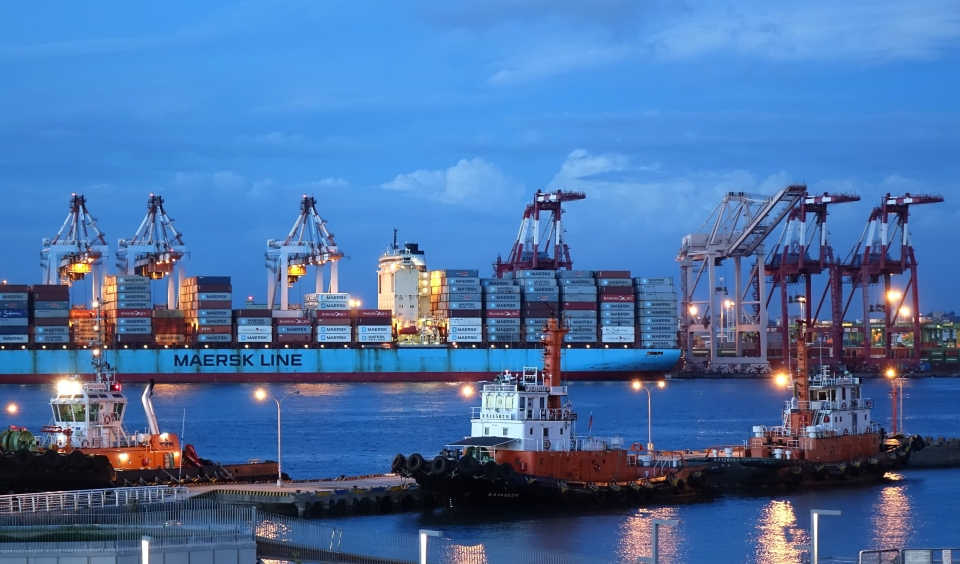CNFI: 60% domestic companies report profit, order loss
2021/06/16 | By EDNChinese National Federation of Industries (CNFI) Chairman Wang Wen-yuan reported a pessimistic situation among companies in the traditional industries, stating how the pandemic has hindered companies from continuing operations properly.
In the report outlining how the recent COVID-19 outbreak impacted Taiwan's local industries, as reported by Wang on Wednesday, the report showed over 60% of domestic companies reporting order and profit loss, 60% of employees were unable to work, and 20% of production lines were suspended.
Ministry of Economic Affairs statistics indicate that Taiwan's foreign sales orders reached USD$54.93 billion in April, a record high in the same month of the previous year, and a record of 14 consecutive months. However, CNFI mentioned that the survey was conducted between May 28 to June 9, so the COVID breakout impact requires more time to monitor.
CNFI reported that statistics from January to April export orders show that information and communications, electronic products, and optical equipment accounted for 63.3% of total exports, but many small businesses or traditional industries have been greatly affected by the epidemic.
Companies have expressed concern to the CNFI regarding whether the government would impose stricter lockdown measures nationwide, and called on the central government to review the importance and priority of all industries, fearing that a strict Level 4 lockdown would disrupt the production and global supply chain situation even further.
Ever since the biggest COVID-19 outbreak yet in Taiwan came to light in May, the CNFI had produced a questionnaire on the impact of the outbreak on the industry, surveying a total of 408 members in the association and 158 associations, including the Taiwan Electrical and Electronic Industries Association and the Taiwan Science Park Association. Textile Industry Association and the Federation of Industry and Commerce also assisted in collecting survey responses from their own members. In total, 821 valid questionnaires were collected, covering industry categories from semiconductor manufacturing to textiles and other traditional industries. Companies scale included multinational enterprises to small-and-medium enterprises.
According to the survey, 65% of manufacturers report a "decrease in orders." Respondents said that in the past six months, the telecommunications industry has generally received sufficient orders, but the epidemic has taken a turn for the worse, leading to more conservative attitudes towards business operations. Both domestic and foreign orders have shown a downward trend, which the associations remark as a concerning warning sign.
Internationally, orders from some industries have not improved since last year due to the decrease in orders from Europe and the U.S. For example, in the textile industry, due to the severe situation in Europe and the U.S. last year, orders for garments and fabrics saw a major downward trend. Due to uncertain circumstances, various projects and commercial activities have been delayed and reduced the growth of orders in China.
The Federation of Trade Unions pointed out that more than 63% of the industry reported a "decrease in profit". In addition to the decrease in orders, the increase in operating costs, including soaring raw materials, increased personnel costs due to the epidemic, expenditure on epidemic prevention materials, and recent rapid tests for employees.
In addition, some industries may not have a significant reduction in orders at present, but due to the sharp increase in raw materials and the sharp appreciation of the Taiwan dollar, coupled with the shortage of migrant labor, the lack of shipping containers, and related expenses skyrocketing, many business owners have expressed concern over their profits.
Another 57% of surveyed companies said that the COVID-19 outbreak has caused reduced workforces due to e "employees cannot go to work normally." Another 20% of the industry reported impacted production line shutdowns, as assembly-line workers are unable to operate machinery remotely.





